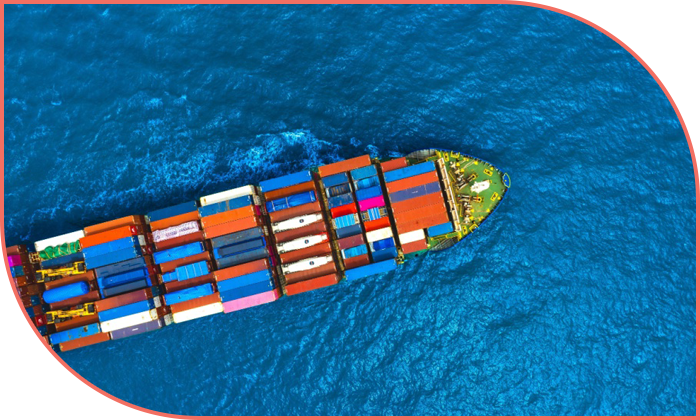Port of Nantong
Importing from Nantong to the UK
Nantong Port, located in Jiangsu province along the Yangtze River Delta, supports industrial and economic development in areas like the Yangkou Port Economic Development Zone in Rudong County.
The zone hosts significant projects such as the China National Petroleum Corporation's LNG project, making it a hub for global LNG distribution.
Nantong Port also serves other industrial areas, including the Nantong Economic and Technological Development Area, Nantong National High-tech Industrial Development Zone, and several others across the region.
These zones are crucial for industries such as energy, chemicals, and manufacturing, which benefit from the port's capacity to handle large volumes of cargo, including coal, iron ore, and steel.
What are FOB and EXW terms?
Free on Board
When utilising FOB terms, the seller bears the expenses and risks associated with the goods until they are loaded onto the departing vessel at the port in China.
At this juncture, ownership of the goods is transferred to the buyer, who is responsible for arranging and covering the costs of import clearance, duties, and the final transportation to the UK.
Ex Works
On the other hand, under EXW terms, the seller merely ensures that the goods are available at their premises in China.
The buyer assumes full responsibility for export procedures, insurance, loading, customs clearance, as well as all transportation and delivery costs from China to the ultimate destination in the UK.

Shipping Made Simple: Compare Quotes Now
Quickly compare ocean freight quotes from multiple carriers. Get the most competitive price for your shipment.
Sea Freight service options from Nantong to the UK
Full Container Load (FCL):
FCL involves filling a container exclusively with the shipper's goods
Less than Container Loader (LCL):
LCL means sharing a container with goods from other shippers.
Do you need an export licence?

The Chinese Ministry of Commerce has divided exported products into three main categories:
- Products that qualify for automatic licensing
- Restricted products that necessitate a licence
- Prohibited products
Export licences provided by the Ministry contain essential information such as the exporter's details, buyer's information, cargo specifics, value, and method of transport. Obtaining a licence for exporting restricted goods is mandatory.
Chinese Foreign Trade Companies (FTCs) exporting to their UK branches are also required to secure an export licence. Nevertheless, if the trade is executed under FOB terms with a supplier, the FTC is excused from the licensing requirement.
Mandatory import documents for customs clearance
Gathering the required documentation, which includes an import licence (if applicable), a commercial invoice, a bill of lading, a packing list, and an EORI number, is essential for shipping goods from the Nantong port to the United Kingdom.
Compare Freight Shipping Rates in Seconds
Get instant quotes from leading ocean and air freight providers. Find the best rates for your shipping needs in one place.